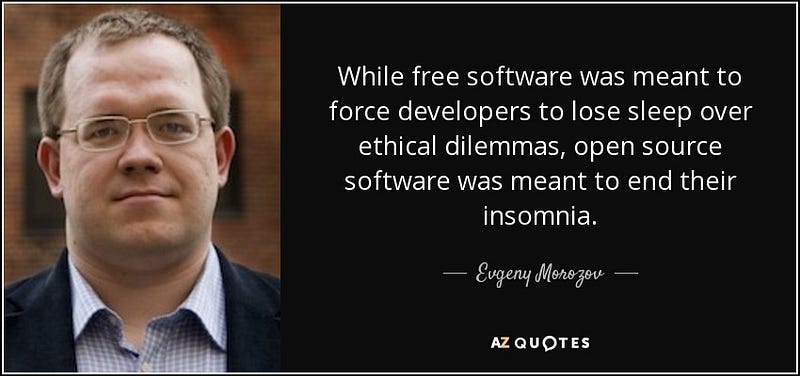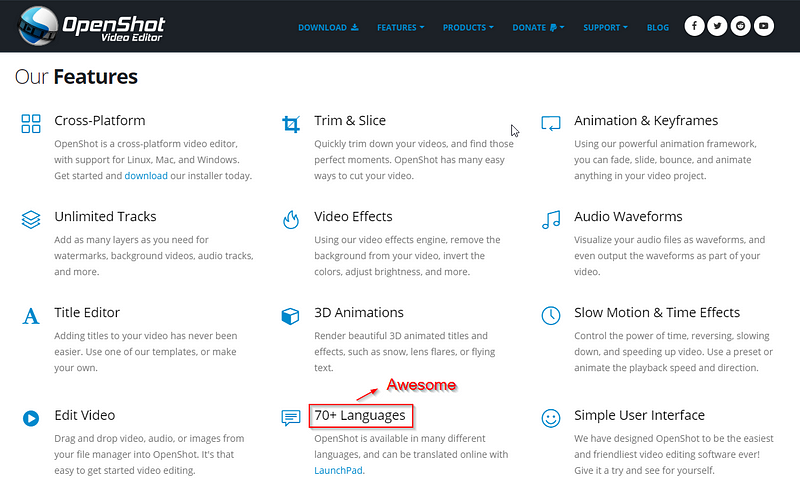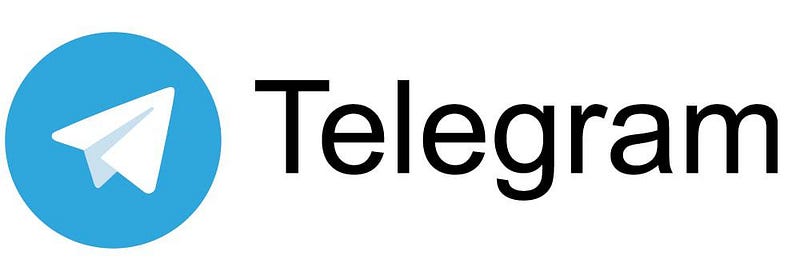5 Awesome Open Source Software In 2020
Ever wondered why Chrome (or the New Edge) is such a cool browser? For those of you, non-techies Chrome is a browsing software based on Chromium an open-source browser maintained by Google. The number of people committed to the project could number in the thousands. It is typical of an open-source project to have thousands of contributors to the project. Thus the software from the open-source projects is free-to-use.
About Open-Source
Open-source software is free. Contributions to an open-source project come in many forms. If you are a highly skilled developer that has an interest in the project, you may contribute your time to help develop the project altogether. Otherwise, you can usually support the project maintainers by donating money to them directly. Though the practice of donations is not widely adopted by all project maintainers, because some developers do it as a pet project or as a hobby.
Open-source projects help define modern life. A famous example would be the OS Linux. Many companies today use Linux on their servers. Many developers also build distros on top of Linux adding new flavors to the Linux environment.
Open-source vs Free software

Now, I want to address an important difference around open-source software and free software. Free software does not need to share the codebase to the public. This is the first main difference, free software does not always equal open-source. After researching a bit for this article I found an interesting quote that could help enlighten the difference.
You see, the entire concept of open-source revolves around teamwork. The end goal is to develop the project further, resulting in better software for all.
5 Awesome Open Source Software In 2020
Now to the part you are waiting for. I want to share the 5 open-source tools I have been using in 2020.
1. LibreOffice

LibreOffice is an office suite similar to Microsoft Office. Its initial stable release was in 2011. Personally I use this app on my Linux PC because when I want to edit a .docx file I do not want to restart my dual boot PC to open Window. Although there is other free-to-use software like Google Docs, I still prefer to use LibreOffice at times because it doesn’t require an internet connection.
There are also other open-source competitors like Apache OpenOffice, recently debuted in September 2019, I have not had the chance to compare the two and I am still stuck with Libre. I’ll be sure to update you otherwise.
All-in-all I believe Libre is a good substitute for Microsoft Office and it is available on Windows, Linux, and macOS. If you are interested in trying LibreOffice you can download the installer from their site and if you want to contribute, the original source code is available on GitHub.
2. Greenshot

Greenshot is an open-source screenshot software. It has a built-in photo editor so after taking screenshots you can directly edit it. Honestly, Greenshot is my favorite open-source software out of all the others on this list. I work as a software developer and because I am required to document the apps I make I usually use Greenshot to highlight each button on MSPaint after taking a screenshot using Snipping Tool. This app has been a great help for me.
I am recommending this software, as the editor’s choice. Greenshot is free-to-use for Windows users but it is covered by a paywall on macOS. But Linux is not supported by Greenshot. The Greenshot installer is available at their site, and the source code is available on GitHub.
3. Open Broadcaster Software (OBS) Studio

Open Broadcaster Software (OBS) is one of the interesting ones. The application is usually used for screen recording and streaming. The software is excellent and it is FREE. Many people use OBS, at their site the OBS project already has some tough backers like Twitch, Facebook, NVIDIA, and Logitech.
Personally I really like the application because although it has many features it is by far the fastest screen recorder I have ever used. The recordings are seamless and the options on the audio recording are excellent. The software is written completely in C++ so if you are interested you should check out the original repo available on GitHub. Oh and if you want to try this bad boy out for yourself, it is available for Windows, Linux, and macOS. Just download the installer from their site.
4. Openshot

OpenShot is an open-source video editor. After looking up its features and UI, I can honestly say it is one of the most legit free video editing software out there. Best of all, NO WATERMARKS! I dread software watermarks on my videos. If you are a hardcore video editor maybe you won’t like this software as much as FinalCutPro or Adobe Premiere or Adobe After Effects, but just look at the features available in this free app.

The amount of work committed is impressive. It is worthy of a recommendation, take a look at their site. The source code is available on Github.
5. Telegram (X)

This one might be the most well-known project on the entire list. Telegram is a messaging app, the client-side apps are open-source. The original source code is available on GitHub on two separate accounts, Android would be here and for iOS would be here. Telegram is a secure messaging platform. It receives income from its donators. Even though the app is not entirely open-source, because the backend service source code is not shared with the public. Probably for security reasons.
I recommend you try the X version A.K.A Telegram X because it seems better than the original one. The Telegram X experience is seamless and very efficient. You download it on the Google Play Store or on the Apple App Store.
Mastodon (Bonus)

Now, this one is a bonus. Because I thought Mastodon is an interesting subject, I thought I would mention it here. Mastodon is an open-source social media website. It is a microblogging site like Twitter. The reason Mastodon was created is in the hopes of creating an independent social media, not abiding by rules that can be changed by a separate entity.
The whole project motto is “Giving social networking back to you”. Independent organizations can host their own instance. But users from different servers can still connect to each other. Details can be seen on their site. The original source code is available on GitHub.




